“Balance” means “not extreme,” and in the context of building healthy dietary patterns it is a particularly important topic.
Unfortunately, consumers are often bombarded with extreme views and recommendations about what they should eat or drink. And resources for educating consumers about balanced diets – including about the Dietary Guidelines for Americans (DGA) – are severely limited.
The Sugar Association is committed to providing evidence-based information and tools about sugar’s role in balanced diets. Seeing the gap in consumer understanding and education, the Sugar Association is also investing in a broad consumer education campaign to inform consumers of the DGA recommendation for added sugars intake which allow for up to 10% of total calories per day to come from added sugars as part of a healthy dietary pattern.
It’s very clear that consumers want information that helps them make smart choices about their diets. While 81% of Americans say knowing the guidelines for added sugars intake is important, just 15% can accurately state the guideline. Once they know the guidelines, 58% are more confident in managing their sugar intake.
Unfortunately, DGA education efforts are limited, and not all Americans have the information they need. Currently, Americans get about 12.9% of their total calories from added sugars. Added sugars consumption has fallen by 30% since its peak in 1999. The Sugar Association believes that consumer education can help further that progress and achieve the 10% target.
To help, we’ve launched a nationwide consumer campaign that provides simple, evidence-based information about added sugars intake recommendations and access to resources with further detail on how to reach added sugars goals, for example this practical illustration of a sample daily diet that limits added sugars to 10% of total calories.
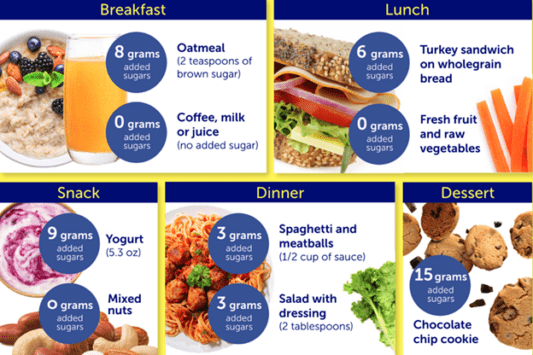
The Sugar Association is dedicated to supporting consumer education, that is the foundation of achieving any nutrition goal. With some simple facts about sugar, we can all help consumers keep life sweet (in balance). Learn more about sugar and balance, here.

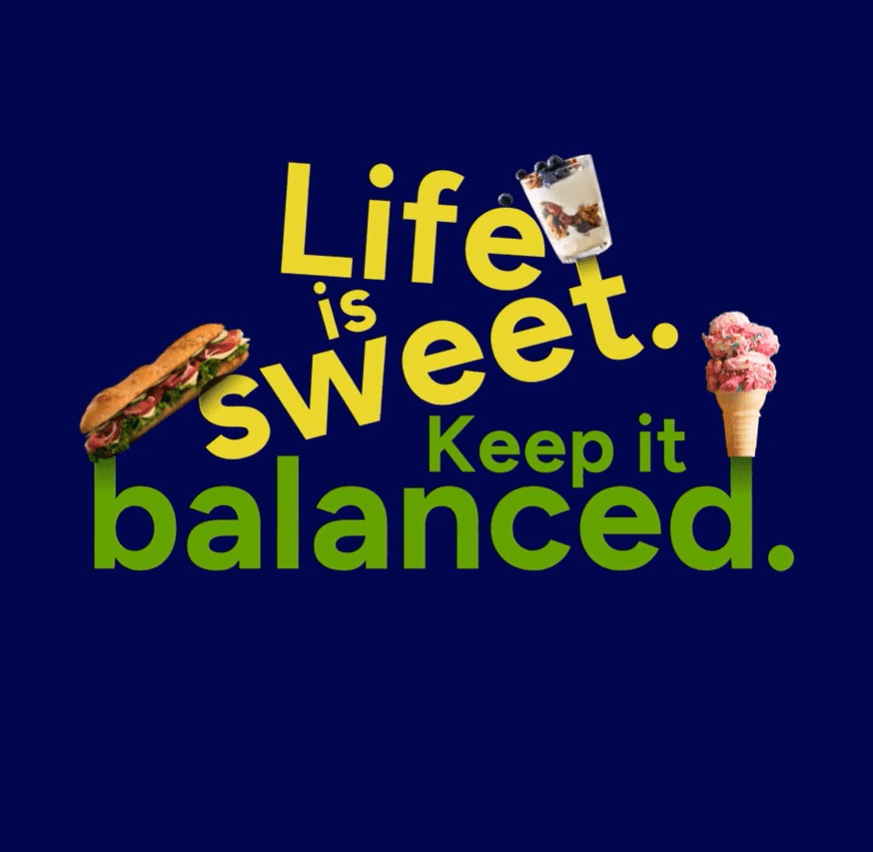



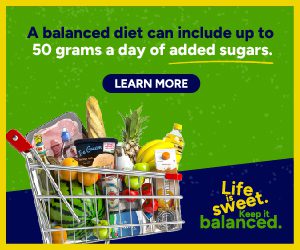
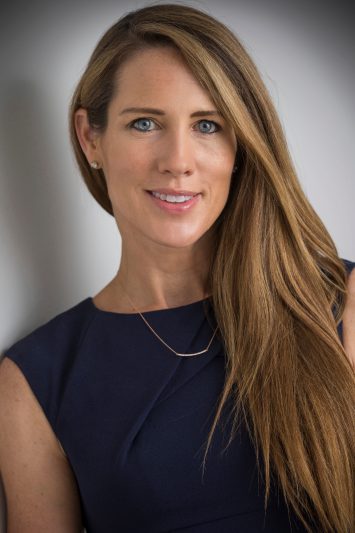

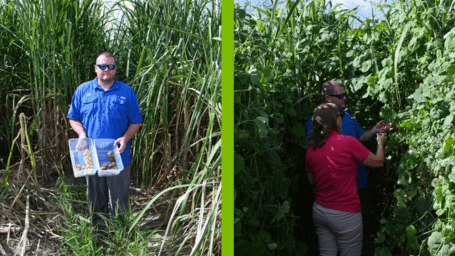

Get Social with #MoreToSugar